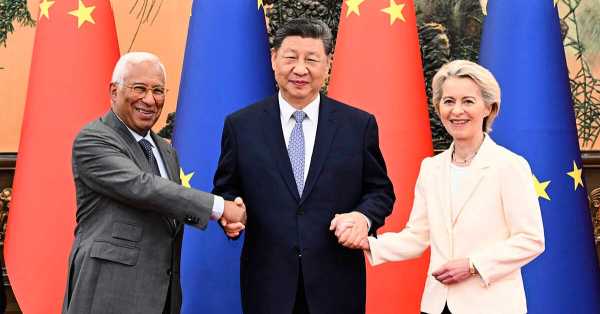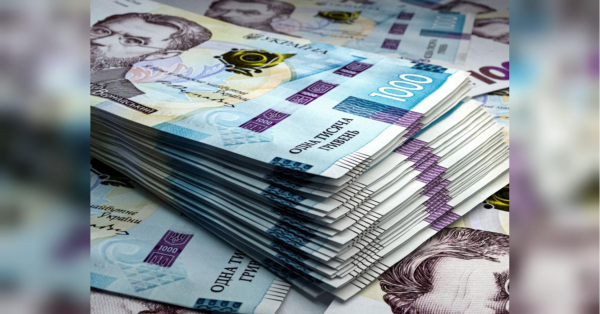
China and the European Union have made a joint call for action on climate change at a tense bilateral summit in Beijing that was marred by deep disagreements over trade and the conflict in Ukraine.
The two economic giants issued a joint statement calling for further emissions cuts and greater use of green technologies, as well as reaffirming their commitment to the Paris climate agreement and calling for bold action at the upcoming Cop30 climate summit in Brazil.
“In the current volatile and turbulent international environment, it is critical that all countries, especially major economies, maintain policy consistency and stability and step up efforts to combat climate change,” the joint statement said.
The climate deal offered a ray of hope on a turbulent day when European leaders in talks with President Xi Jinping demanded a more balanced relationship with Beijing.
In their opening speeches, they stressed the importance of trade, calling for concrete results in addressing Europe's large trade deficit with China.
“As our cooperation has deepened, so have imbalances,” said European Commission President Ursula von der Leyen. “We have reached a critical moment. Restoring the balance in our bilateral relations is urgently needed. For the relationship to be sustainable, it must be mutually beneficial.”
Expectations for the talks were low, initially planned for two days but later shortened to one. They are taking place against a backdrop of global financial uncertainty, conflicts in the Middle East and Ukraine, and the threat of tariffs from the US. Neither the EU nor China is likely to make concessions on key issues.
European Council President Antonio Costa has called on China to use its influence with Russia to end the conflict in Ukraine, a long-standing call from European leaders that is likely to go unanswered once again.
Mr Xi Jinping called for deeper cooperation between China and Europe to ensure stability in an increasingly complex world. He said both sides should put aside differences and seek common interests, something he often emphasises in relationships such as those with the EU.
He said Beijing was ready to strengthen climate coordination and make a greater contribution to solving the climate change problem, but he opposed EU restrictions on Chinese exports.
“We hope that the EU will keep its trade and investment markets open, refrain from using restrictive economic and trade instruments and create favourable conditions for Chinese companies to invest and develop in Europe,” he said, according to state broadcaster CCTV.
In addition to trade and the conflict in Ukraine, Ms von der Leyen and Mr Costa were expected to raise concerns about Chinese cyberattacks and espionage, restrictions on rare earth mineral exports and the human rights situation in Tibet, Hong Kong and Xinjiang.
Meanwhile, the EU is concerned about the looming trade battle with the US.
Beijing's stance toward the EU has hardened despite some positive steps, such as suspending sanctions against European lawmakers who criticized the human rights situation in Xinjiang, where Beijing is accused of a widespread crackdown on Uighurs.
Like the US, the 27-nation EU bloc runs a significant trade deficit with China – around €300bn (£260bn) last year. It relies heavily on China for supplies of essential minerals and the magnets they make for cars and household appliances.
The EU has imposed tariffs on Chinese electric cars to support its automakers and offset Beijing's heavy subsidies. China would like to see those tariffs lifted.
China's rapid growth in the European market has raised concerns that Chinese cars will eventually threaten the EU's ability to produce its own clean technology to combat climate change.
Business associations and trade unions also express concerns that workers could be at risk
Sourse: breakingnews.ie






